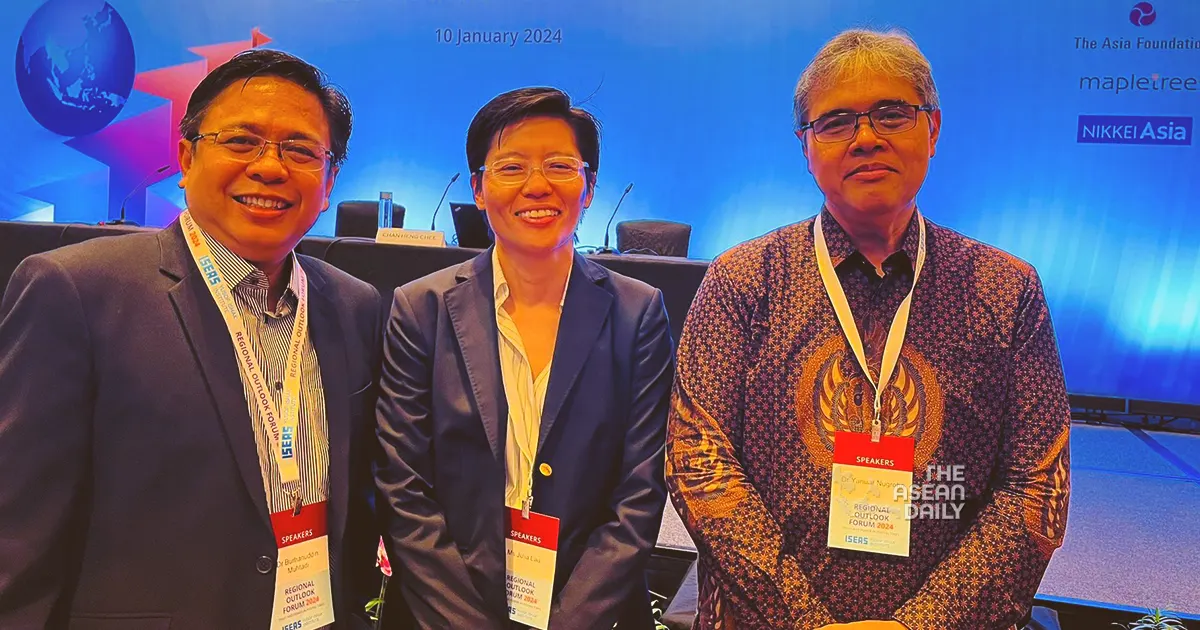12-1-2024 (JAKARTA) As Indonesia approaches its upcoming presidential election on Feb. 14, all three candidates vying for the position have expressed their commitment to continuing the key policies initiated by the current president, Joko “Jokowi” Widodo. This assurance was conveyed by Yanuar Nugroho, former Deputy Chief of Staff to Jokowi, during the Yusof Ishak Institute of Southeast Asian Studies’ Regional Outlook Forum on Jan. 10.
The trio of presidential candidates consists of Ganjar Pranowo, the former governor of Central Java, Prabowo Subianto, Indonesia’s Minister of Defense, and Anies Baswedan, the former governor of Jakarta.
Yanuar categorised Jokowi’s signature policies into three main areas— infrastructure, social protection, and downstreaming. All candidates, he asserted, recognise the significance of these policies and have committed to their continuation.

In terms of infrastructure, particularly focusing on connectivity infrastructure, ports, industrial complexes, and economic zones, all three candidates see it as a crucial aspect of the nation’s development.
Similarly, social protection, especially social assistance, is considered a key component by each candidate. While there may be variances in how these policies are delivered, the overarching commitment to maintaining and improving them is unanimous.
Downstreaming, a strategy emphasizing the importance of value addition rather than selling raw materials or commodities, is another aspect that all three presidential hopefuls are expected to uphold.
However, when it comes to Jokowi’s ambitious plan to relocate Indonesia’s capital from Jakarta to Nusantara, differences emerge among the candidates.
Both Ganjar and Prabowo express support for the new capital project, albeit with varying levels of endorsement. Prabowo is a staunch advocate, highlighting the necessity to develop other parts of the country and emphasizing sustainable and environmentally friendly execution.
Ganjar, while showing “neutral support,” urges further studies before making a decision. He voices concerns about the potential impact on the environment and the indigenous people in East Kalimantan. Yanuar notes Ganjar’s willingness to offer corrective measures for any oversights in the new capital’s development.
In contrast, Anies Baswedan takes a vocal stance against the capital relocation, questioning its feasibility and cost. Anies argues that the government should prioritize addressing issues like poverty and inequality instead. However, Yanuar suggests that Anies may have limited influence in altering the project unless there is a change in the law.
As Indonesia gears up for the election, the three candidates are engaging in debates and public engagements to secure voter support. While each emphasizes their unique approach, experts, including Professor Burhanuddin Muhtadi, predict a continuity of pragmatic and concrete solutions once the elected candidate assumes office.
With over 205 million Indonesians set to cast their votes, the outcome will determine the next leader tasked with steering the nation’s course in the post-Jokowi era.




